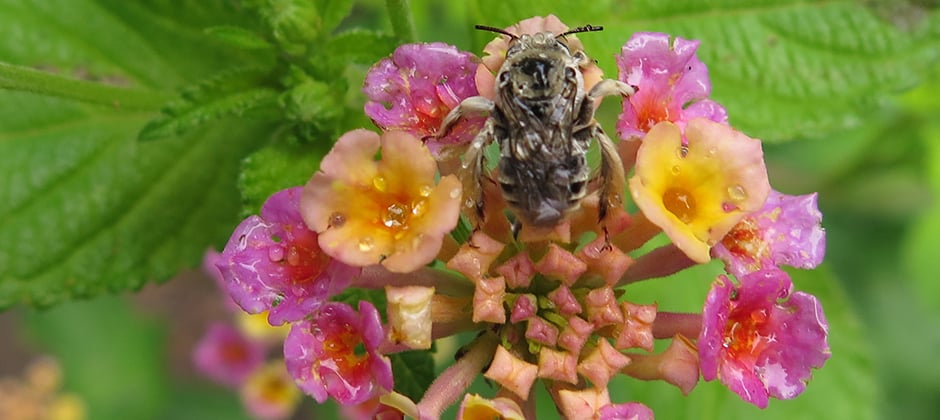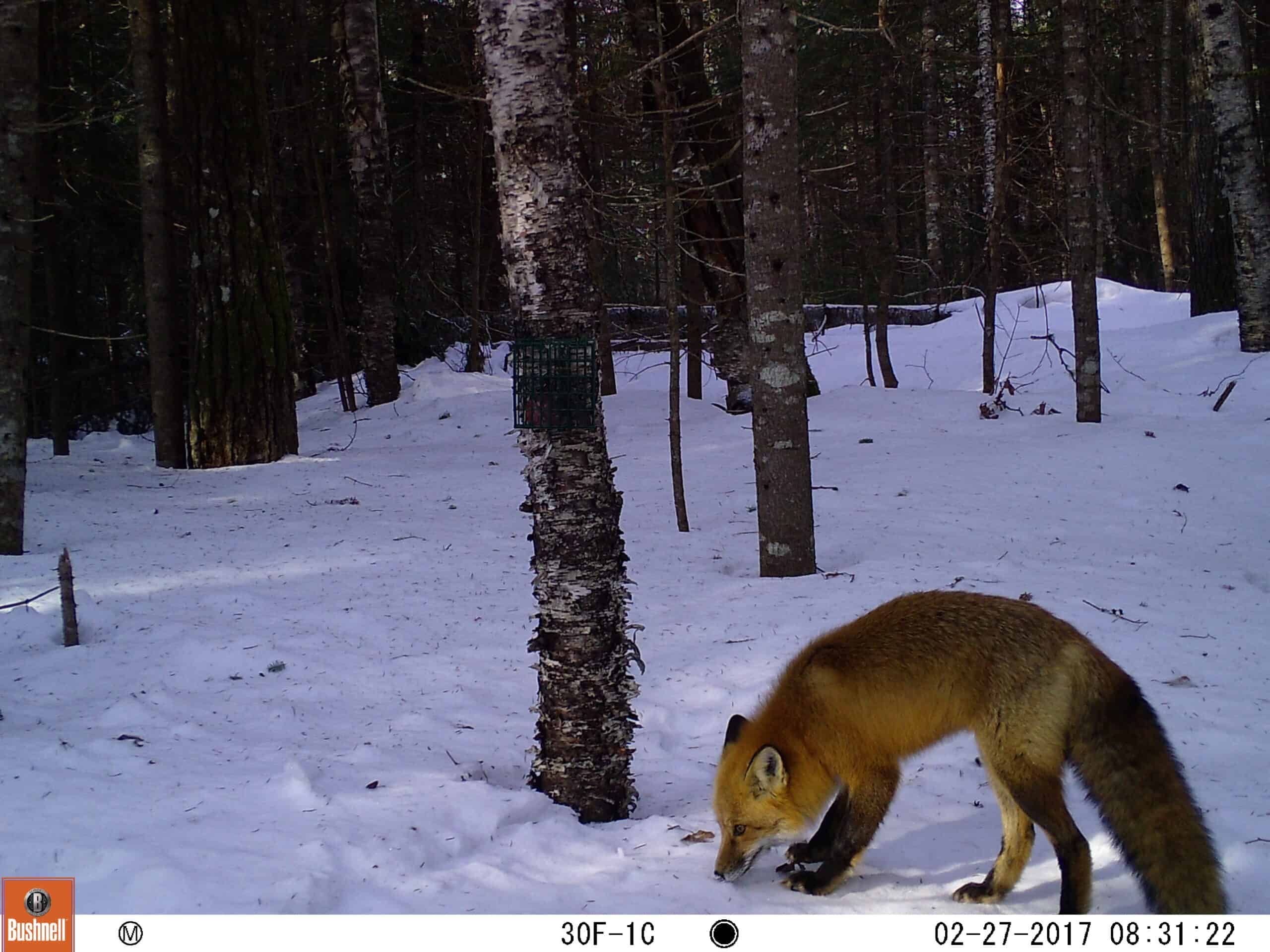Share this article
Taking the sting out of bee conservation
In Phoenix, Arizona, many people feel either neutral about bees or dislike them, researchers found, but overall, residents don’t see bees as a problem in their yards. The researchers hope their findings can help inform education outreach to citizens in order to help conserve the pollinators.
“We were trying to understand who likes bees and who doesn’t,” said Kelli Larson, a professor in sustainability at Arizona State University and the lead author of the recent study published in Urban Ecosystems. “Part of the good news is people don’t see bees as particularly problematic in their yards, so that’s good because that means they’re not going to be as motivated to spray or kill them or do things that would harm them.”
Larson has been studying people’s attitudes toward the environment as well as what conservation behaviors people are willing to support. But this was her first study focusing particularly on wildlife. She and her colleagues specifically wanted to understand people’s attitudes toward bees to help inform ecological research about the bee health and viable habitat areas form them in cities. Larson said they would also like to find out if people who perceive bees to be a problem actually have more bees in their yards or near their homes.
She and her colleagues collected data from a Phoenix Area Social Survey that she sends out every five years to understand people’s attitudes toward the environment. Survey questions targeted how people feel about bees and other wildlife, using a five-point scale, and if people see wildlife as a problem at their homes. They also took into account people’s demographic characteristics and other factors.
The team found that people were mostly neutral toward bees with a slight trend toward disliking them. But they also found residents mostly didn’t believe bees were problematic in their yards. However, the team also found that a significant contingent of people who tended to dislike bees. “For example, people from the Latinx community and women tend to dislike bees more than their counterparts,” Larson said. “This can provide some information about conservation targeting for those groups so that they are less fearful of bees, or for them to come to understand that they are by and large not harmful.”
From the survey, the team also found that risk perceptions, ecological worldviews and pet ownership helped explain people’s attitudes toward bees. For example, Larson said past research has shown people who like bees — and may have even gotten stung by one — usually spend time in nature where they are more likely to come across bees.
Larson and her colleagues also found that people who live closer to desert parks had more positive attitudes toward bees. In addition, people who felt positively about bees were more likely to add desert plants to their residential yards. People who used pesticides, though, had more negative attitudes toward bees, they found.
Larson suggests that one of the best ways to conduct outreach is to work in schools and programs that engage youth. “We know that attitudes and perceptions about wildlife develop early on in childhood,” she said. “We also know as people age, they get more set in their ways. So the potential for changing people’s thoughts and actions is a lot higher if we do it with younger communities who are potentially more opened to change or more malleable.” She said providing good experiences with bees for young children could help develop positive attitudes toward them.
In the next survey she and her colleagues send out, she plans to ask many of the same questions as well as additional questions about wildlife like coyotes, javelinas, snakes and termites.
“We’re moving more and more toward social-ecological research to more clearly link people and their thoughts and actions toward wildlife to how they manage their yards to either support wildlife or deter wildlife,” she said.
Header Image: Diadasia rinconsis is a bee species commonly found in people’s yards in Phoenix. Credit: Alejandro Huereca








